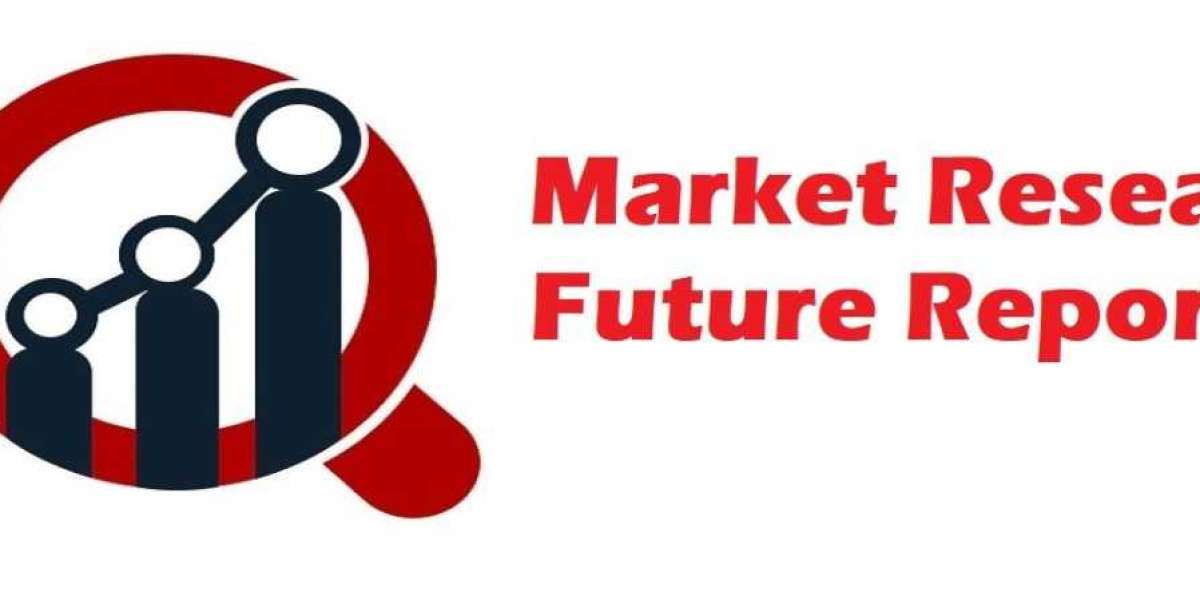Introduction:
Global Thermal Systems market size is expected to grow USD 47.58 Billion by 2032, at (CAGR) of 2.50% during the forecast period (2023 - 2032).
The Thermal Systems Market is at the forefront of driving innovation and efficiency across various industries, from manufacturing and energy to transportation and electronics. These systems, designed to manage and control thermal processes, play a crucial role in optimizing operations, enhancing energy efficiency, and meeting sustainability goals. As industries continue to prioritize environmentally friendly practices and advanced technologies, the Thermal Systems Market is witnessing significant growth and evolution.
Understanding Thermal System shares:
Thermal systems encompass a wide range of technologies and applications, all aimed at managing heat and temperature within various processes. These systems can include heating, ventilation, and air conditioning (HVAC) systems, thermal power plants, refrigeration systems, and heat exchangers, among others. The common objective of these systems is to regulate temperature, control thermal energy, and ensure optimal conditions for processes and equipment.
Thermal systems Market trends:
Several key factors contribute to the dynamics and growth of the Thermal Systems Market:
- Energy Efficiency and Sustainability: With a global focus on sustainability, industries are increasingly investing in thermal systems that prioritize energy efficiency and minimize environmental impact. Advanced technologies, such as heat recovery systems and eco-friendly refrigerants, are gaining traction in the market.
- Industrial Automation: The integration of thermal systems with industrial automation is a notable trend. Smart and automated thermal control systems enhance precision, reduce energy consumption, and enable predictive maintenance, resulting in improved overall operational efficiency.
- Growing Demand in Emerging Economies: Rapid industrialization and urbanization in emerging economies are driving the demand for thermal systems. As these regions seek to modernize their infrastructure, the adoption of efficient heating, cooling, and power generation solutions becomes crucial.
- Stringent Regulatory Standards: Governments and regulatory bodies worldwide are imposing stricter standards on energy efficiency and environmental impact. Industries are compelled to upgrade their thermal systems to comply with these regulations, creating opportunities for manufacturers and service providers in the market.
- Technological Advancements: Ongoing research and development in materials, sensors, and control systems are leading to the development of more advanced and integrated thermal solutions. This includes innovations in heat pump technology, smart HVAC systems, and renewable energy integration.
Get a free sample @ https://www.marketresearchfuture.com/sample_request/17190
Key Companies in the Thermal Systems market (US) include:
- 3M
- Intel Corporation
- Parker Hannifin Corporation
- Honeywell International Inc.
- Siemens AG
- Johnson Controls International Plc
- Emerson Electric Co.
- Schneider Electric SE
- Daikin Industries, Ltd
- Mitsubishi Electric Corporation
Challenges and Opportunities:
The Thermal Systems Market analysis faces certain challenges that also present opportunities for growth:
- Initial Cost vs. Long-term Savings: The upfront costs associated with implementing advanced thermal systems can be a barrier for some industries. However, the long-term energy savings and operational efficiency gains often outweigh the initial investment, providing a significant opportunity for education and promotion.
- Transition to Sustainable Practices: Industries relying on traditional heating and cooling methods may face challenges in transitioning to more sustainable thermal solutions. Manufacturers and service providers can seize the opportunity to offer guidance and solutions for a smoother transition.
- Global Economic Uncertainties: Economic fluctuations and uncertainties can impact capital expenditure on thermal systems. However, the focus on cost savings and energy efficiency may still drive investments in these systems, especially in sectors where operational optimization is critical.








